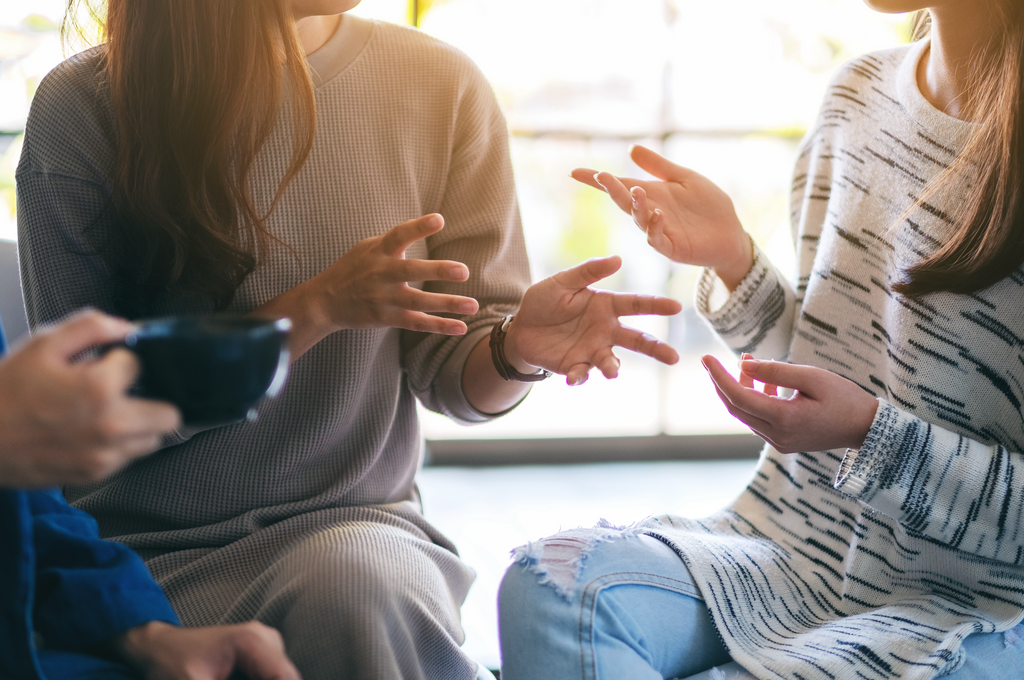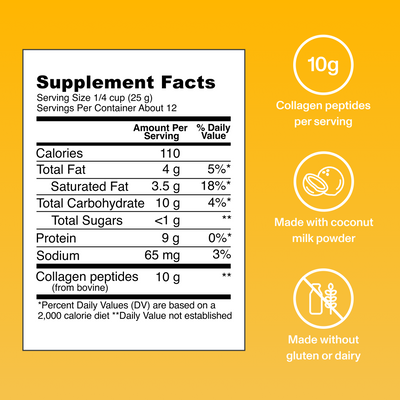There’s a good chance at one point or another you may have heard that you need to learn how to say “no” more often. However, knowing that you need to and actually doing it are, well, two completely different things.
Fear and overwhelming guilt of potentially letting someone down can lead us to overcommit and bend over backward at the expense of our own happiness, but learning to state that two-letter word empowers us to take back our time and mental wellbeing. Understanding more about why it’s so tough to say no may help you feel a little more comfortable when it comes to actually stating it, so keep reading for some useful expert insights, and before long, you’ll have additional space in your life for those things you truly want to say yes to.

Why is it so hard to say no?
No — such a tiny word, but one that can it be hard to actually say in certain situations. “The desire to be perceived positively and reduce the chance of conflict can make saying no really difficult,” says Asasia Richardson, LMSW therapist at A Good Place Therapy. We worry that the person on the receiving end might feel rejected or take it as a personal affront. In addition, Richardson explains that we all have something called negativity bias, or the tendency to remember negative events more strongly and persistently than positive ones. “This can mean that we dwell on stressful situations more, we remember our negative experiences more than our happy ones, and we might feel that a negative outcome is more likely than a positive one.”
As a result, saying no can seem scary because we’re extra inclined to recall these negative experiences and worry about an outcome which challenges our desire to be liked and agreeable.
People pleasers in particular can get addicted to the positive regard and validation from others when continuing to say yes, Chloe Carmichael, Ph.D., clinical psychologist and author of Nervous Energy: Harness the Power of Your Anxiety, tells Lively.
Unfortunately, though, there’s a high price for constantly aiming to always keep other people happy. “Ultimately, denying your own emotions and needs can create deep frustration and even resentment within yourself and for others,” says Jasmine Cepeda, LCSW, author and psychotherapist in her private practice, Better Now Therapy.

So, how do you tell someone no?
If you find that you’re freezing up when delivering your “no,” our experts have a few effective tips to keep in mind. Before giving your answer, it's okay to take some time to yourself to think about it, in other words, no need to deliver. “It’s fine to let the other person know that you need to check your schedule and get back to them — later when you’re not in an ‘emotionally hot situation’ where you’re looking into their eyes while feeling the pressure, you can send a quick text or phone call and say, ‘I would really love to say yes, but I simply can’t this time,’” says Carmichael.
Another useful tip from Carmichael is to work on delivering “no” in a role-play situation where you have a conversation with a friend who puts a bit of pretend pressure on you to deliver a response. This can help you to learn and practice different ways of saying no which you can bring into real world scenarios. Speaking of real world scenarios, you may find starting small to be helpful, or saying no in certain places or to people where you feel as though you can be your most confident self.
You could also try the concept of “narrating your experience,” or verbalizing what you have going on internally which can help stimulate the empathy of the other person since they’re able to gain a clearer picture about what’s going on. For example, Carmichael tells lively you might say, “I truly would love to say yes, but I’ve been really trying to make myself more accountable so that I don’t overcommit.” This approach helps the other person to see what you’re going through and will hopefully be more understanding.
Related Articles
How do you say no without being rude?
If you know that someone will be upset if you say no, Katie Ziskind, holistic licensed marriage and family therapist, says to remain calm and firm in your boundary, but still let them know you care. Having trouble figuring out how to craft your “no” in this instance? It's possible to be direct while still remaining sensitive, intentional, and thoughtful. “Be kind and clear, and if you have to decline, try to validate and emotionally relate to the other person,” Ziskind says.
It’s helpful to remember that the other person feeling upset is valid because hearing no can be difficult. “However, while you may have contributed to their feelings, you aren’t responsible for them — it’s normal for people to experience discomfort with saying no or seeing someone upset, but that doesn’t mean you should avoid discomfort by giving in,” Richardson tells Lively.
Why is it important to say no for our physical and mental health?
Learning to be comfortable with saying no is important for establishing healthy boundaries and to feel empowered while still maintaining relationships. Ziskind adds that saying no allows you to take time for yourself. Self-care is important for nurturing your relationship with yourself and others.
“If you have a tendency to overcommit, you’ll end up exhausted, angry, hungry, hurt, sad, irritated, tired and with nothing left to give yourself,” Ziskind says.
Although we live in a world that can ask a lot of us, we simply lack the bandwidth to say yes to everything. “Saying no provides you with the opportunity to embody your values and prioritize what you want and need, rather than live by what others want from you,” Richardson says. “You’ll not only be able to allocate more time to take charge of your physical and mental health, but you may also find that you have increased energy for the things you actually want to say yes to.”





















